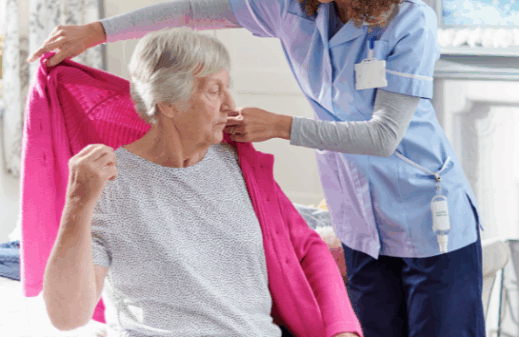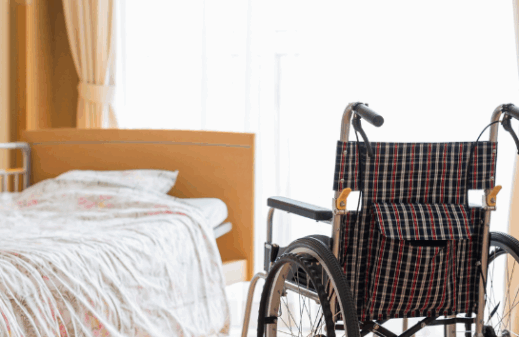Providing healthy eating for the elderly is a common concern for anyone who cares for an aging person. Maintaining a healthy diet is important for the elderly, and sometimes diets need to change as we age. Balance is the key to a healthy diet. Good nutrition keeps our minds, bones, muscles and other parts of our bodies healthy and improves our quality of life.
- Fruits – More fiber and vitamins are found in whole fruits than in juices.
- Vegetables – Dark green or orange veggies have higher levels of anti-oxidants.
- Calcium – Protect your bones by including calcium rich foods in your daily diet.
- Grains – Whole grains are better for you than processed white flour and contain more nutrients and fiber.
- Protein – Try to vary your high protein foods throughout the day.
- Water – Dehydration is common among the elderly. Confusion and urinary tract infections can be caused by not drinking enough water.
Hypertension is common among the elderly. One of the most important factors in preparing food for individuals with hypertension is to prepare foods low in sodium. Processed foods are extremely high in sodium and one meal may contain more than a whole days’ sodium requirement.
Carbohydrates and sugar are areas that can sometimes be tricky to control. Sugar can be hidden in many foods we eat on a daily basis, such as bread, canned foods, fast food, and even frozen meals. Unhealthy carbs are contained in white flour and rice as well as refined sugar. These carbs can lead to unstable blood sugar spikes.
Not all fats are bad. Good fats come from salmon, avocados, and nuts and are a great way to help control cholesterol by raising the ‘good’ cholesterol (HDL).
Skipping meals seem to be a common problem with elderly people. Skipping meals may cause a slower metabolism that could lead to serious health problems. It may also lead to unhealthy food choices for their other meals. Snacks high in fiber and low in sugar are great alternatives to skipping a meal.
Many elderly people suffer from vitamin deficiencies. This is in part due to the fact that as we age, we do not produce as much gastric acid as we once did, making it more difficult to absorb some vitamins. Many physicians recommend vitamin supplements for their aging patients.
Healthy eating for the elderly is important and can be accomplished with encouragement and knowledge.



